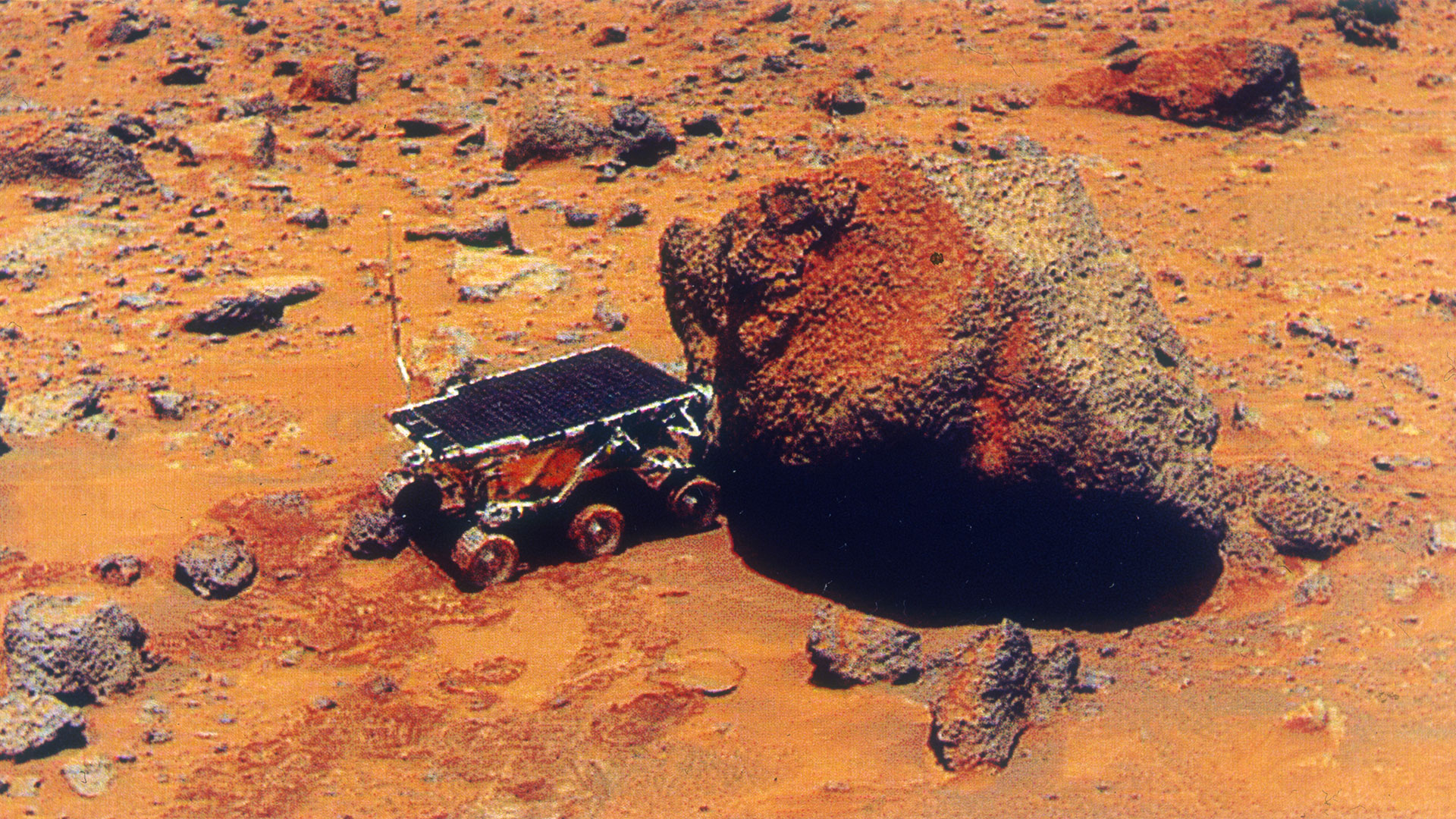

America’s National Aeronautics and Space Administration has been on the hunt for partners to do the Mars mission dance with—especially in the Middle East. Less than a year after NASA signed an agreement with the Israel Space Agency “to support NASA’s journey to Mars,” the agency announced a pact this week with the United Arab Emirates Space Agency to help humans and equipment reach the Red Planet.
The NASA–UAE agreement opens the way for deeper joint work in “space science, operational Earth observation and Earth science, aeronautics, space operations and exploration, education, technology, safety and mission assurance,” according to the announcement. Beyond that, future cooperation could include sharing equipment like research facilities, aircraft, spacecraft, and scientific instruments in space. The exploration of Mars will be the first “field of collaboration,” as NASA so scientifically put it.
Like NASA, the UAE’s space agency, created in 2014, is playing the astronomical field, having signed cooperation agreements with China, Russia, and the U.K. The emirate entered the solar system scrum in 2014 by announcing it planned to launch a Mars orbiter by 2021. By the end of 2015, the UAE Space Agency had invested more than $5 billion in the project, enlisting the University of Colorado at Boulder, the University of California, Berkeley, and Arizona State University in the mission it christened “Al-Amal,” which is Arabic for “hope.” The probe will study the red planet’s atmosphere, from the massive dust storms to how much hydrogen and oxygen it emits into space.
NASA’s interest in making friends comes in hopes of splitting the check for its planned goal of putting humans on Mars’ iron-filled soil sometime in the 2030s. The Obama administration told NASA “to reach out to the Middle East as part of a bid to improve relations.” NASA entered discussions with Israel, Jordan, and the UAE; so far, two out of three of those house calls have turned into official partnerships.
Over the same period, the White House has cut the budget for certain NASA programs including the Mars foray. That has led to acrimonious speeches in Congress, harsh words from Bill Nye, Florida scientists protesting with car washes and bake sales, and a Journey to Mars report that “contains no budget, no schedule and no deadlines.” With a GDP of $648 billion, the world’s seventh-largest oil reserves, and a clear desire to reach for the stars, the UAE would seem a decent candidate for NASA to team up with.